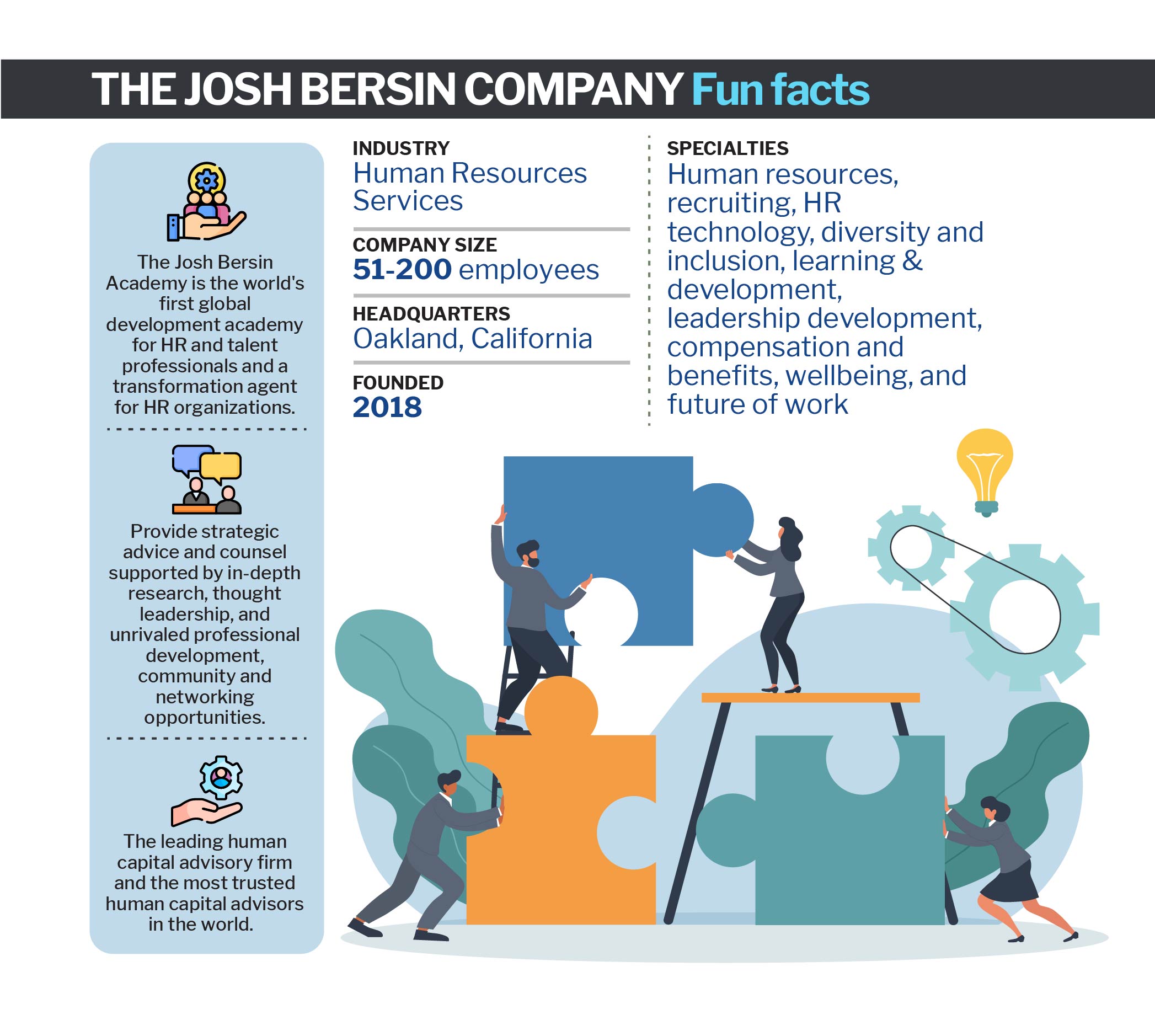
HR analytics expert says that there's a pressing need systemic HR approaches moving forward

There’s not many sectors that have evolved over the years as much as HR has. Going from an administrative function to a strategic partner has given the sector a front row seat when it comes to transformative business decisions – playing a key role in almost all arms of an organization.
And if anyone understands the gravity and seismic shift of these changes, it’s Josh Bersin. In a recent interview with HRD, the HR analytics expert says that there’s a pressing need systemic HR approaches moving forward. A shift that will ultimately come to define the function.
"Most companies are grappling with talent acquisition, retention, and scaling challenges," says Bersin. "HR has been asked to take a seat at the table and guide companies through transformations, including work-life balance, hybrid work models, and the adoption of AI."

Throughout his time in the HR realm, Bersin has witnessed a significant shift from the traditional service delivery model to what he terms "level two," – in which HR functions as a service center, compartmentalizing into recruiting, training, compensation, diversity, equity, and inclusion (DEI), data analytics, and technology-focused groups. This approach aimed at minimizing costs often involved large-scale technology integrations in the 1980s, akin to an IT department cleanup.
However, as the business landscape has evolved, HR faces new challenges, including the pandemic, multigenerational workforces, part-time and gig work, the four-day workweek, mental health concerns, and labor union renewals. Bersin argues that HR is now tasked with more than just maintaining operational efficiency—it must actively contribute to solving complex talent-related problems.
"After two years of work, we discovered the future of HR—what we call systemic HR,” he explains. “It's about thinking of HR as an integrated system that addresses specific company problems across different areas and points in time.”
Moving from level two to level three involves a fundamental shift towards cross-disciplinary solutions. According to Bersin, programs such as onboarding are no longer isolated training initiatives – they must encompass recruiting, culture, mentoring, and technical education. This shift then eventually leads to the development of multidisciplinary initiatives, each requiring technology tools and dedicated solution managers.
“This takes HR from being a cost center to a high-value function," Bersin says. "CEOs can now ask HR heads about specific issues, and they can respond with comprehensive programs supported by product managers and collaborative teams from various service groups.”
However, Bersin doesn't stop at Level three; he introduces the concept of Level four—a stage where HR transforms into a problem-solving group.
"In level four, HR identifies specific problem areas within the organization, such as high turnover in a particular department, and works collaboratively to diagnose and address issues related to recruitment, retention, reskilling or job redesign," he says.
While the benefits of systemic HR are compelling, Bersin acknowledges the challenges companies face in reaching this advanced stage. Two major obstacles emerge: the skills of the HR team and securing necessary resources for HR evolution.
"The skills challenge is significant. HR professionals need to transition from specialized roles to cross-disciplinary expertise," says Bersin. "Only eight percent of companies have a career development process for HR, making it crucial to reevaluate and enhance the skills of HR teams."
The second challenge lies in gaining the buy-in from both the head of HR and the CEO. To successfully transition to systemic HR, the HR department must secure the resources and support needed for this evolutionary process, proving the value of HR as a strategic partner is essential before requesting increased budgets.
Bersin sees systemic HR as an inevitable evolution in the face of changing labour markets, increased reliance on AI and ongoing job redesign. He emphasizes the need for companies to view this as an ongoing initiative, rather than a one-time transformation.
"For those inspired to delve into systemic HR, our professional development academy offers the necessary skills," says Bersin. "It's a mindset shift—moving from a service-level support role to a consultative one. Becoming a consultant in HR requires not only knowledge but also the ability to ask the right questions and fall in love with the problem, not just the solution."